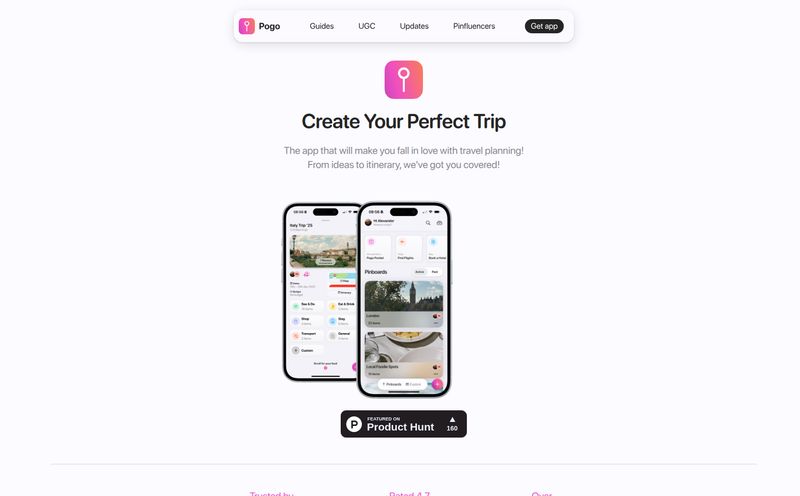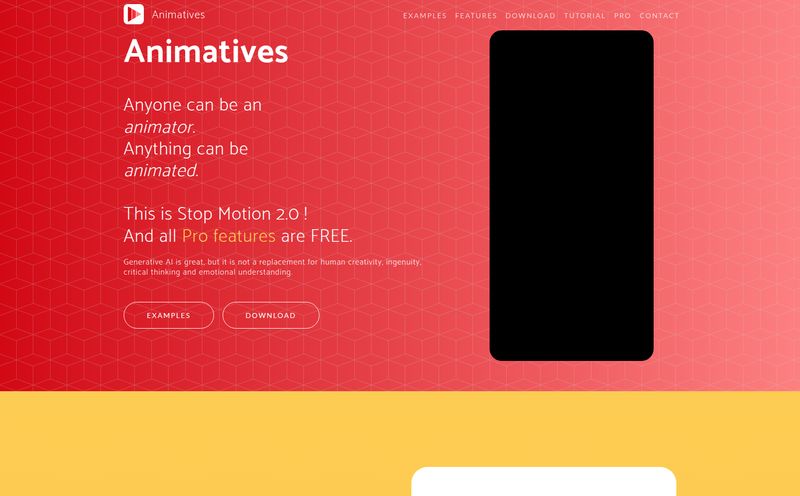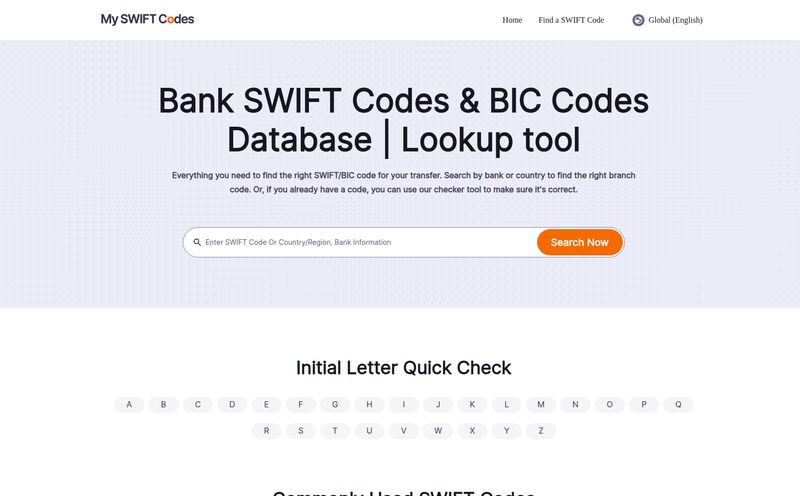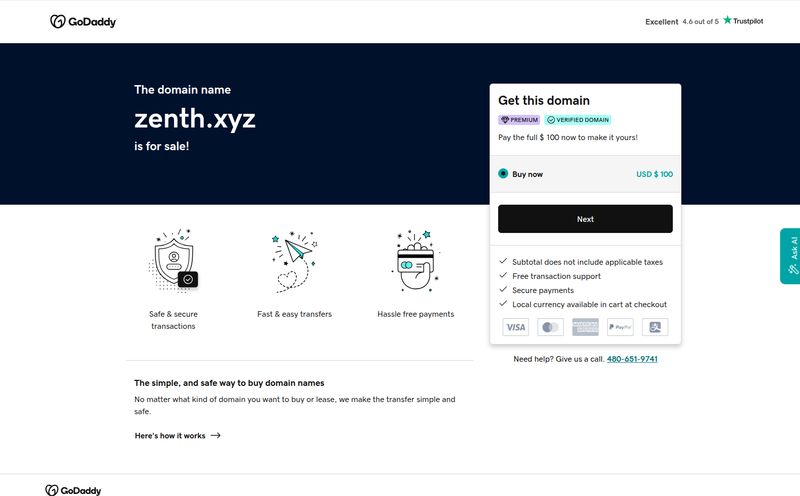As someone who’s been neck-deep in SEO, traffic trends, and the ever-churning world of online platforms for years, you get a sixth sense for things. You see the patterns. The meteoric rises, the quiet implosions. And every so often, you find something that's just… weird. A beautiful idea that seems to have just... vanished. Today, we're talking about Fluo.
I first heard whispers of it as a 'virtual nightlife app.' My curiosity was piqued. In a world where we’re all a bit more homebound and perhaps a little rusty on our small talk, the idea of a digital space to just meet people without the pressure of a dating app sounded pretty refreshing. It promised to bring back the serendipity of bumping into someone at a cool bar or a niche concert. A noble goal, for sure.
So, What Was Fluo Supposed to Be?
At its core, Fluo was designed to be a real-time conversation app. But forget boring, static chat windows. We’re talking about themed virtual venues. Imagine stepping into a digital equivalent of a moody jazz club, a vibrant neon-soaked arcade, or a chill lo-fi cafe. Each spot would have its own vibe, its own immersive musical backdrop, and most intriguingly, its own AI host.
Yeah, you read that right. AI hosts. The idea was that these AI characters would get conversations started, acting as a sort of digital master of ceremonies or a friendly bartender who knows how to break the ice. It’s a fascinating solution to that awkward silence that can kill the mood in any new social setting, online or off. It aimed to be the cure for the common “...so, seen any good movies lately?” opener.
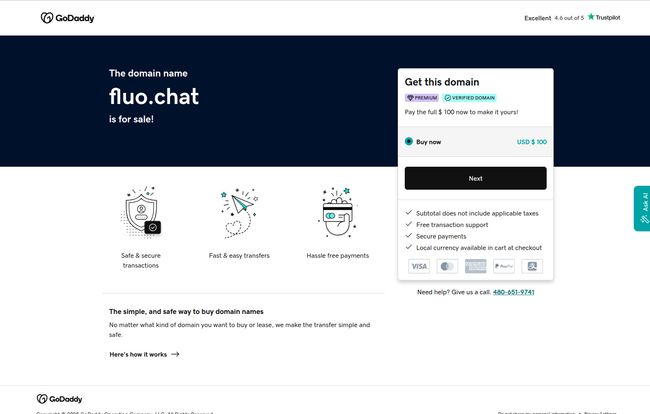
Visit Fluo
Breaking Down the Fluo Experience
The concept was built on a few interesting pillars that, on paper, sound like a recipe for something special. It wasn’t just about talking; it was about the atmosphere.
AI Hosts: Your Digital Wingman or an Awkward Bot?
I have to admit, this is the part that fascinated and slightly worried me. An AI designed to facilitate human connection is the stuff of sci-fi. Would it be a seamless guide, nudging people into interesting chats? Or would it feel like Clippy’s over-caffeinated cousin trying to get you to dance? The potential was huge—to create a dynamic, ever-changing social space. The risk, of course, is that it just feels artificial and breaks the very immersion it's trying to create.
Curated Venues with a Vibe
This is where Fluo really could have shone. The idea of curated chat rooms with specific themes and music is brilliant. We all self-select in the real world, right? You go to the places where you feel you’ll find ‘your people.’ Fluo wanted to replicate that online. It’s a smart way to foster smaller, more focused communities instead of throwing everyone into one giant, chaotic digital room. Think of it as choosing a specific bar for its trivia night versus just wandering into a generic pub.
The Promise vs. The Potential Pitfalls
Every new platform is a double-edged sword. On one hand, Fluo offered a super convenient way to socialize from home. No cover charge, no expensive drinks, no trying to shout over a terrible DJ. It presented a unique virtual social experience that could genuinely help people connect. It sounds great, especially for introverts or people in remote areas.
But then there’s the other side. You're still relying entirely on tech. What happens when there are glitches, or the audio cuts out mid-sentence? And can an AI-curated experience ever truly replicate the beautiful, messy spontaneity of real-world interactions? Some of the best nights out are the ones that go completely off-plan. I wonder if Fluo's structure would have allowed for that kind of magic. Then there's the privacy question. The documentation I could find was pretty light on data security, which is always a red flag for any social app where you’re sharing personal conversations.
The Price of Admission and a Developing Mystery
So, how much would this cost? Well, that's where the story gets strange. There’s no pricing information available. Anywhere. No subscription tiers, no free-to-play model, nothing. The pricing page is a ghost.
And this led me down a rabbit hole. Out of professional curiosity (and a bit of journalistic snooping), I looked up the domain. And guess what? The domain, fluo.chat, is currently for sale on GoDaddy. For a hundred bucks.
This is the online equivalent of showing up to a grand opening and finding a ‘For Lease’ sign on the door. It raises a lot of questions. Did the project run out of funding? Was it a concept that never quite got off the ground? Was it an 'acqui-hire' where a larger company bought the team and let the product die? I’ve seen it happen a thousand times. A promising startup with a great idea just... fades out. It’s a bummer, honestly.
Is This the Future, Even if Fluo Isn't?
Even if Fluo is a digital ghost, the idea behind it is very much alive. The desire for new forms of online connection is stronger than ever. We're seeing AI integrated into everything, and social spaces are the next logical frontier. Maybe Fluo was just a little ahead of its time. Or maybe it was a flawed execution of a brilliant idea.
What I know is that we’ll see more attempts like this. Platforms that try to blend the best of gaming lobbies with the social dynamics of a night out. It's an experiment worth watching, because somebody, eventually, is going to get it right. They’ll find that perfect balance between technological structure and human chaos.
Frequently Asked Questions about Fluo
- What exactly was Fluo?
- Fluo was a concept for a real-time social chat application. It was designed as a "virtual nightlife" experience with themed digital venues, immersive music, and unique AI characters acting as conversation hosts to help people meet and interact.
- How did the AI hosts in Fluo work?
- The plan was for AI hosts to be characters within the virtual venues that could initiate topics, ask questions, and generally guide conversations to prevent awkward silences and encourage more dynamic interaction among users.
- Is Fluo still available?
- All signs point to no. The official domain name, fluo.chat, is listed for sale, and there is no active app or website available. It appears the project is either defunct or was never fully launched to the public.
- Was Fluo free?
- There was never any public information about pricing. It's unclear if the intended model was a subscription, a one-time purchase, or free with in-app purchases.
- Why are apps like Fluo being developed?
- There's a growing demand for new ways to connect with people online that feel more organic and less pressure-filled than traditional social media or dating apps. These platforms aim to solve modern loneliness by recreating the serendipity of real-world social encounters in a digital space.
- Are AI-hosted chat apps safe?
- Safety depends entirely on the company's privacy policy and security measures. It's always important to be cautious in any new social app, understand what data is being collected, and avoid sharing overly sensitive personal information.
Final Thoughts
So, Fluo might be a digital artifact now, a case study in startup ambition. But I’m not sad about it. I’m intrigued. It’s a signpost pointing toward a future where our digital interactions might become a lot more interesting, immersive, and maybe, just maybe, a little more human—even if it takes a friendly AI to get us talking. It was a cool idea, and I'll be keeping an eye out for whoever picks up this torch next.
References and Sources
- Domain Listing: GoDaddy - fluo.chat Domain for Sale
